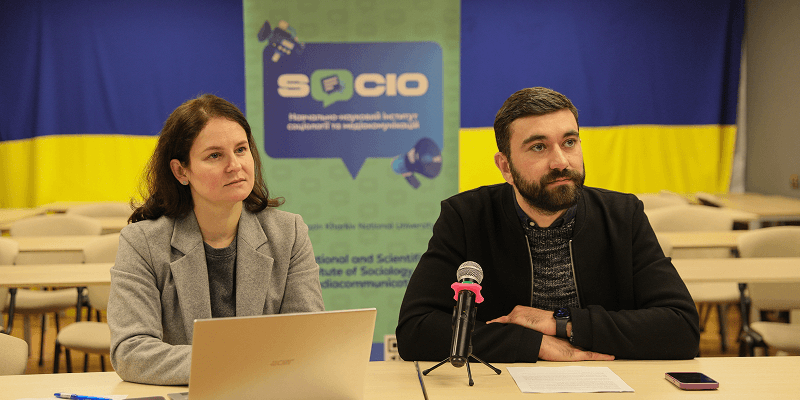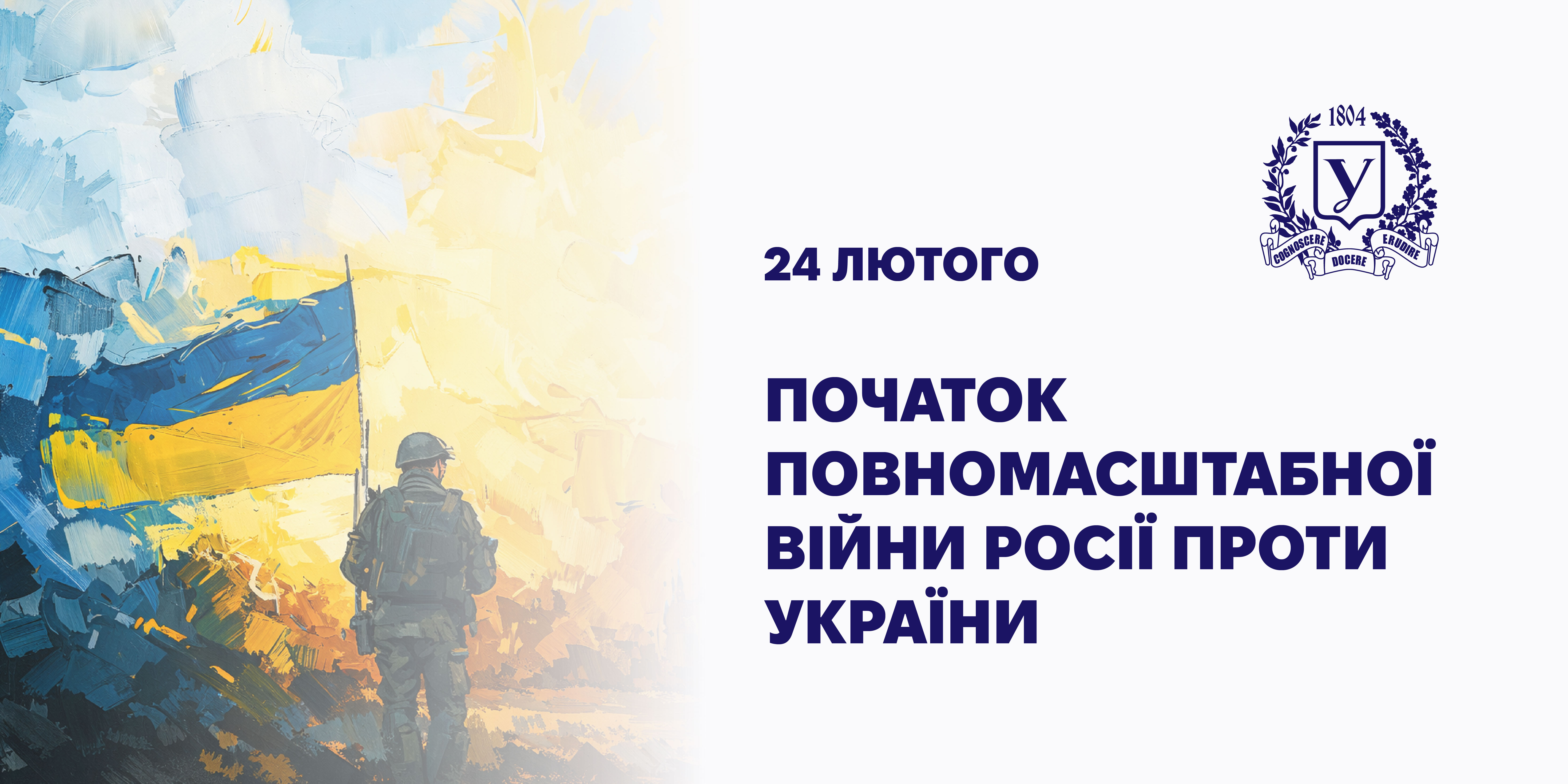The Reading Rooms of the Central Scientific Library have been named after Distinguished Scientists who are Graduates of the University
.jpg)
The decision of the Academic Council of Karazin University designated the reading rooms of the Central Scientific Library after outstanding graduates and scientists.
- Reading Room No. 10 (Universytetska St., 23) was named in honor of Ivan Svitlychny.
Ivan Svitlychny (1929–1992) was a Ukrainian poet, literary critic, translator, and dissident. A graduate of Karazin University, he joined the School of Ukrainian Philology in 1947, graduating in 1952.
He was an active member of the "Shistdesiatnyky" (Sixtiers), a cultural movement resisting the Soviet totalitarian system. Svitlychny co-founded the Kyiv Creative Youth Club, which played a major role in the cultural life of the 1960s. Due to his civil stance, he faced repression from Soviet authorities. Arrested in 1972, Svitlychny was sentenced to seven years in labor camps and five years in exile. After his release in the 1980s, he continued his literary work.
A member of the international PEN club since 1978 and of the Union of Writers of Ukraine since 1990, Svitlychny was awarded the Vasyl Stus Prize in 1989 and the Taras Shevchenko Prize posthumously in 1994, along with his sister, Nadia. He passed away on October 25, 1992, in Kyiv.
His works left a lasting impact on Ukrainian literature, circulating via selfpublishing and abroad, despite censorship in the USSR. His literary legacy significantly influenced Ukrainian culture and literature.
The Ivan Svitlychny Memorial Library, containing 5,065 volumes, is preserved in the Central Scientific Library. It was donated by his sister, Nadia Svitlychna, in 2005, and delivered by Yevhen Zakharov, head of the Ukrainian Helsinki Human Rights Union and director of the Kharkiv Human Rights Group.
Nadia Svitlychna and Svitlychny’s classmates recalled him as a dedicated bibliophile, spending much of his time in Reading Room No. 10, where he was a regular reader. Throughout his university years, he felt most comfortable among books.
The Ivan Svitlychny collection holds monographs, scholarly articles on various linguistic and literary problems, and dictionaries. It also includes books on history, philosophy, aesthetics, and works by both Ukrainian and foreign authors, with a significant portion in French, German, English, Polish, Czech, Slovenian, Serbian, and Bulgarian. Many of these volumes feature handwritten dedications.
- The reading room for manuscripts (Universytetska St., 23) was named after Yurii Shevelov.
Yurii Shevelov (1908–2002) was a renowned Slavic linguist, historian of Ukrainian literature, literary and theater critic, and an active figure in the diaspora’s scholarly and cultural life. An honorary doctor of Karazin University, as well as the University of Alberta, Lund University, and the Kyiv-Mohyla Academy, he received the Taras Shevchenko Prize in 2000.
Born in Kharkiv on December 17, 1908, Shevelov studied at Karazin University and later pursued a graduate degree under Leonid Bulakhovsky, successfully defending his dissertation in 1939. He taught at his alma mater, including at the Institute of Journalism. After World War II, Shevelov worked at the Ukrainian Free University in Germany and later lectured at Lund University in Sweden. From 1952, he taught at Harvard and Columbia universities in the USA.
Though he traveled widely, Kharkiv always remained close to his heart. His writings offer a priceless encyclopedia of life in Kharkiv during the first half of the 20th century, an unbiased account of the Ukrainian intelligentsia, university life, and the artistic aura of the city. During his student years, Shevelov spent time working in the library’s reading room.
- Reading Room No. 4 (for scholars, main building) was named after Illia Zaliubovskyi.
Illia Zaliubovskyi (1929–2013), a graduate of Karazin University, was an eminent scientist in experimental nuclear physics, a corresponding member of the National Academy of Sciences of Ukraine (1988), professor, doctor of physical and mathematical sciences, and first vice-rector for research at the university. He was also an honorary citizen of Kharkiv. Zaliubovskyi authored over 400 scientific papers.
He devoted significant attention to the library’s development, chairing the Library Council for more than 30 years.
The historical premises of the Central Scientific Library hold a collection of books by authors from the "Executed Renaissance," which were returned from the Soviet "special fund." In the same hall is the memorial library of Ukrainian linguist and public figure in the US diaspora, member of the Union of Ukrainian Writers “Slovo,” and organizer of Ukrainian education in the US, Yevhen Fedorenko (1929–2017). This library was bequeathed to the Central Scientific Library according to his wishes.
The primary goals of the named reading rooms include:
- Preserving the legacy of distinguished scientists.
- Creating full-text electronic databases of scholars' works.
- Providing documents for the study of scientists' lives and legacies, supplying the reading rooms with materials in all formats.
- Maintaining connections with the Ukrainian diaspora abroad.



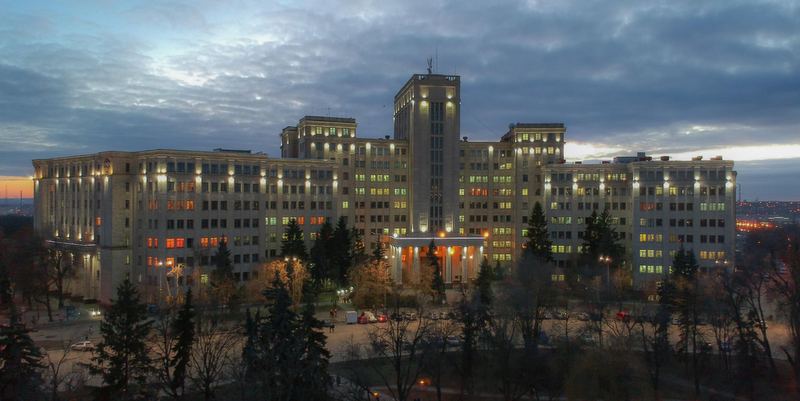
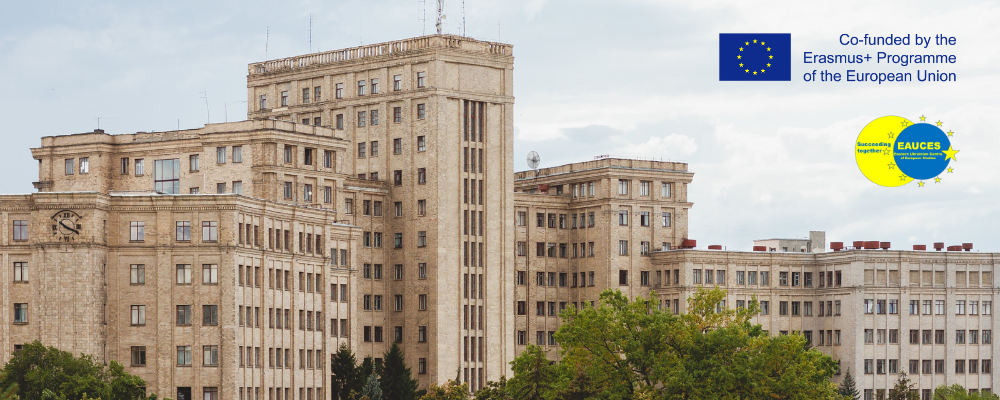
.jpg)
.png)
.jpg)
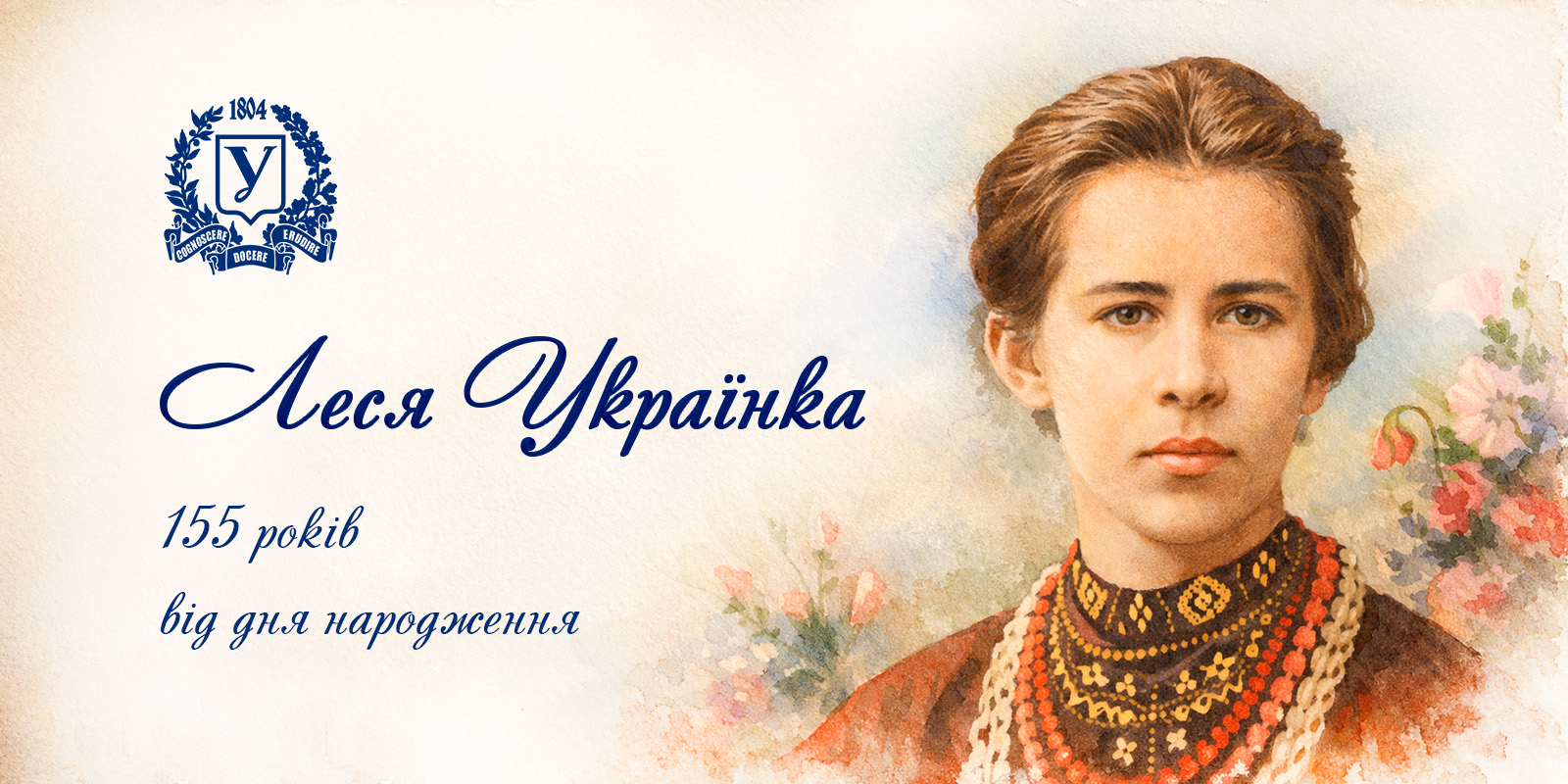
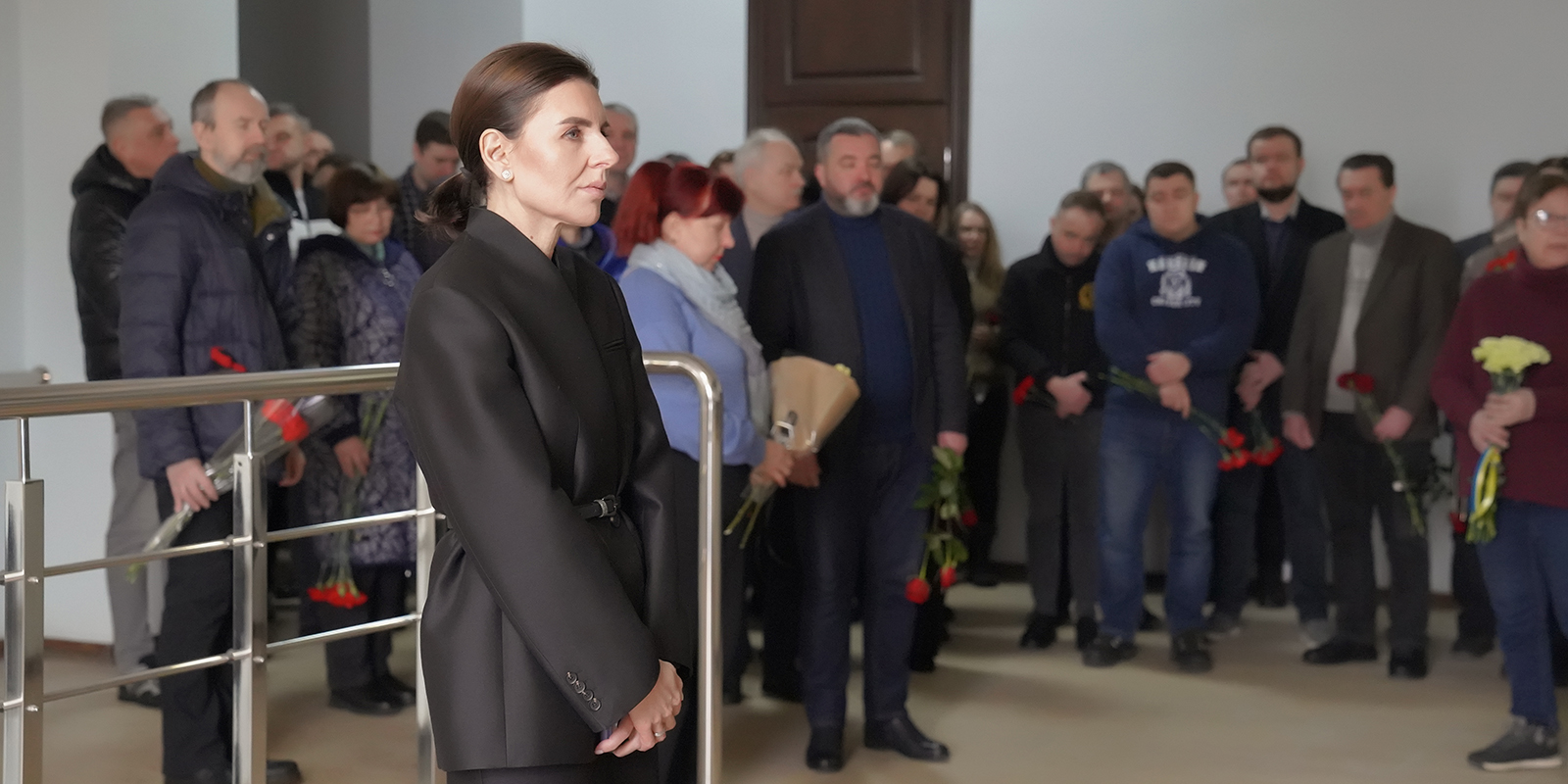
.jpg)
